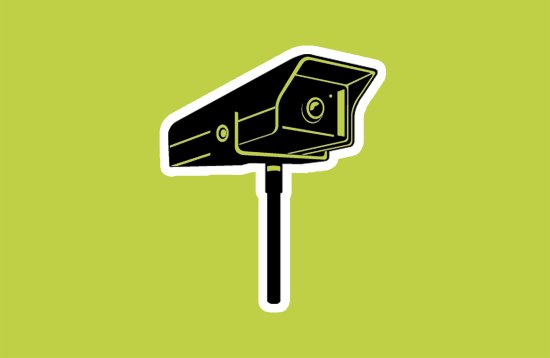
It would be an invasion of privacy
Filming in public can be good. Recent news has shown its importance in police encounters, shining a light on potential misconduct. It can work in more personal situations, too. This summer, as I’ve been walking down the street, men in cars have slowed, followed, and harassed me. I’ve taken to pulling out my phone and recording them, which immediately stops them and shifts power in the encounter to me. As situations with public officials, crimes, or threats unfold, recording is useful on many levels.
But it’s a giant step from filming specific interactions to wearing a body camera that films everything all the time. That future is frightening and dystopian.
[time-brightcove not-tgx=”true”]
In that world, we have to assume that anyone wearing a camera is recording at all times. Cameras do not just record the people with whom the wearer is directly interacting, but anyone in their vicinity. We must assume those videos will be posted online and accessible to anyone – either by the person who took them, or by hackers. And we must assume that we can be identified in any video of us; facial recognition technology makes this possible.
Would that really be so bad, given all we share already? Do we have any right to desire some privacy in public spaces? Does the “If you’re not doing anything wrong, why worry?” argument apply here?
Such monitoring is bad because Privacy Is Important. Not just morally, ethically, and legally but because it is, psychologically, at the foundation of our sense of self. There is a large body of research on the role privacy plays in our development as individuals, and Dr. Elias Aboujaoude of Stanford University, sums it up nicely: “You are a psychologically autonomous individual if you have the option to keep your person to yourself and dole out the pieces as you see fit.” Without that control, we lose our autonomy and, ultimately, part of our identity.
Omnipresent surveillance reduces the control we have over what we share with others. We are already widely surveilled by street cameras and security monitors, but personal recording by individuals is much more intimate. It captures our conversations and body language. The implications of that level of surveillance, stored indefinitely and potentially shared, are huge.
Your work nemesis may end up in line behind you on a coffee break and end up recording as you talk on your phone, complaining about your boss. Parents couldn’t go out to dinner and talk about their kids without those kids being able to snoop out copy of the conversation. Your marriage may end and recordings of your public arguments – or even offhanded comments – could be dredged up and used against you.
Constant recording – by our companions or passers by – would capture all our mistakes and worst moments, and those could be shared with the world. Secrets, stumbles, and misspoken comments would all be preserved. That’s not to mention things that are taken out of context – something that’s easily done and often punished by an offended internet mob.
How do we keep control of our privacy in the face of omnipresent personal body cameras? Other than staying out of public, the likely result is shallow, self-censored interactions. We would have to consider each action and how it would be interpreted by our employers, spouses, parents, friends, and online trolls. There would be few shared confidences and little spontaneity. We would lose the ability to live fully in the moment, always considering how we might be judged. Only the most banal things would be safe. In short, we could lose much of the richness of human interaction.
I am not arguing that we should never film in public; there are significant benefits – personal and societal – to recording some public incidents. By all means, grab a camera and start recording when those situations arise. But always-on body cameras, worn widely and recording everything in their view, are an invasion of privacy. They take away people’s ability to control what they reveal to a broad public – a critical element of personal identity. Public spaces would become unsafe for anything more than the most mundane chit-chat. That is a lot of societal harm not justified by the benefit.
Golbeck, a privacy expert, is an associate professor at the University of Maryland’s College of Information Studies.
